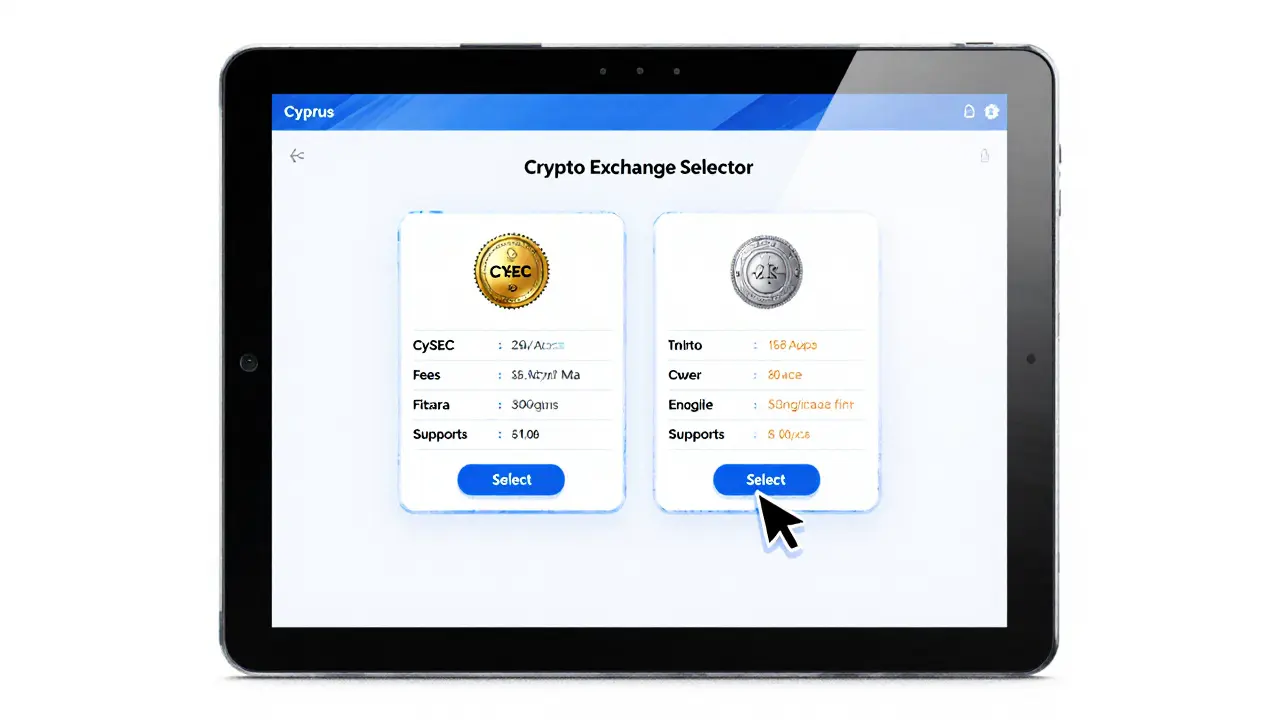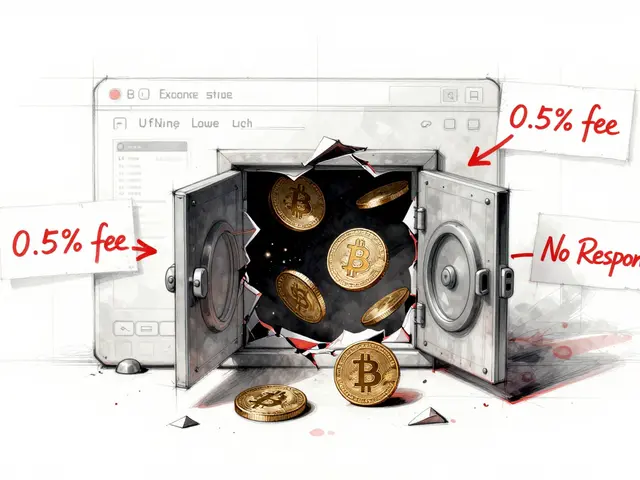CySEC and Crypto Regulation Explained
When dealing with CySEC, the Cyprus Securities and Exchange Commission acts as the financial watchdog for the island, overseeing securities, investment firms, and the fast‑growing crypto sector, also known as the Cyprus regulator, it sets the rules that crypto platforms must follow to operate legally. Understanding these rules is the first step before you choose a crypto exchange or launch a token.
How CySEC Connects with EU MiCA
One of the biggest related entities is MiCA, the European Union's Markets in Crypto‑Assets framework. MiCA creates a harmonized set of rules across EU member states, covering token issuance, custody services, and market transparency. Because Cyprus is an EU member, CySEC adopts many MiCA provisions, meaning crypto businesses must meet both local and EU‑wide standards. This dual compliance boosts investor confidence but also adds layers of paperwork.
Another key player is the VASP license, which stands for Virtual Asset Service Provider. A VASP licence from CySEC lets a crypto exchange, wallet provider, or broker legally offer services to EU customers. The licensing process assesses capital adequacy, governance, and security controls. Getting this licence is a practical way to demonstrate compliance with MiCA and local regulations.
Anti‑Money‑Laundering (AML) checks form the third pillar of CySEC's oversight. The regulator requires thorough customer due‑diligence, transaction monitoring, and reporting of suspicious activity. By aligning AML policies with EU standards, CySEC reduces the risk of illicit flows and protects the broader financial system. For a crypto firm, robust AML procedures are not just a legal requirement but also a market differentiator.
CySEC also monitors exchange compliance. Crypto exchanges must submit regular reports on liquidity, order‑book integrity, and security audits. Failure to meet these benchmarks can trigger enforcement actions, fines, or license suspension. Staying compliant means keeping technical systems updated, maintaining transparent fee structures, and ensuring user funds are safely segregated.
Enforcement history shows CySEC taking decisive action against unlicensed operators and risky token sales. Recent cases involve firms that ignored AML safeguards or launched tokens without proper prospectus filings. These examples highlight why a clear understanding of CySEC's expectations matters for anyone planning to operate or invest in the region.
Overall, CySEC weaves together local oversight, EU MiCA directives, VASP licensing, and AML standards into a cohesive regulatory fabric. Whether you're a trader, a token issuer, or a compliance officer, grasping this framework helps you avoid costly missteps and positions you for growth in the European crypto market.
Below, you'll find a curated selection of articles that break down each of these topics—licensing steps, AML best practices, MiCA updates, and real‑world case studies—so you can apply the knowledge directly to your projects.
How Cypriots Access Cryptocurrency Exchanges in 2025
Learn how Cypriots legally access crypto exchanges, from regulatory basics and licensing to step‑by‑step sign‑up, payment methods, tax benefits, and security tips.
View More




